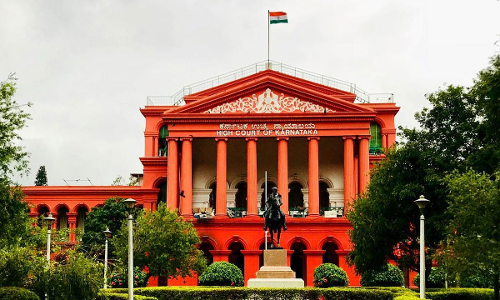
Kerala High Court Investigates Amendment Restricting Donor Oocytes in Surrogacy Regulations
Last Updated on November 15, 2023 by News Desk
Issue: Kerala High Court Assesses Surrogacy Rules’ Constitutional Validity Modification Limiting the Use of Donor Oocytes
Situation in the Case: The Kerala High Court heard a case against the most recent change to the Surrogacy Regulations Rules, 2022. Introduced in March 2023, the amendment bans intended couples undertaking surrogacy to utilize just their own gametes—donor gametes are not permissible. A middle-aged couple with infertility troubles filed the case; the petitioner wife’s condition made it impossible for her to develop eggs for surrogacy, so donor oocytes had to be employed.
Arguments Made by the Parties: The petitioners contended that the amendment violates their vital right to make reproductive choices under Article 21 of the Indian Constitution by barring the use of donor oocytes. They said that Article 14 of the Constitution is infringed by the change, which discriminates against infertile couples because of their inability to produce oocytes.
Rationale for the Decision: During the hearing, Justice Devan Ramachandran urged the federal and state governments to submit further information detailing the amendment’s intended purpose. The issue’s importance and gravity were accepted by the court. The argument contested the amendment’s legitimacy, stating that it went beyond the bounds of existing law and undermined basic rights.
The petitioners’ unusual circumstance, in which the wife’s condition required the use of donor oocytes, was taken into consideration by the court. The newest amendment was viewed as maybe reducing the couple’s ability to make reproductive decisions since it imposed a large limitation on it.
Conclusion: After admitting the petition, the Kerala High Court set a three-week deadline for the respondents to make counterpleadings. Concerns about likely breach of basic rights and constitutional principles were noted by the court. Notably, the Supreme Court expressed problems regarding the validity of the amendment when it recently granted an interim judgment authorizing the use of donor eggs in surrogacy. The Delhi High Court further commented that the modification will encroach upon the rights of couples and stated preliminary reservations about its adherence with surrogacy legislation.
The case highlights how the legal environment relevant to surrogacy laws and reproductive rights is developing, with judges thoroughly assessing whether revisions altering intended couples’ choices are legally sound.
Written By: Nikita Shankar @nikitaashankar




